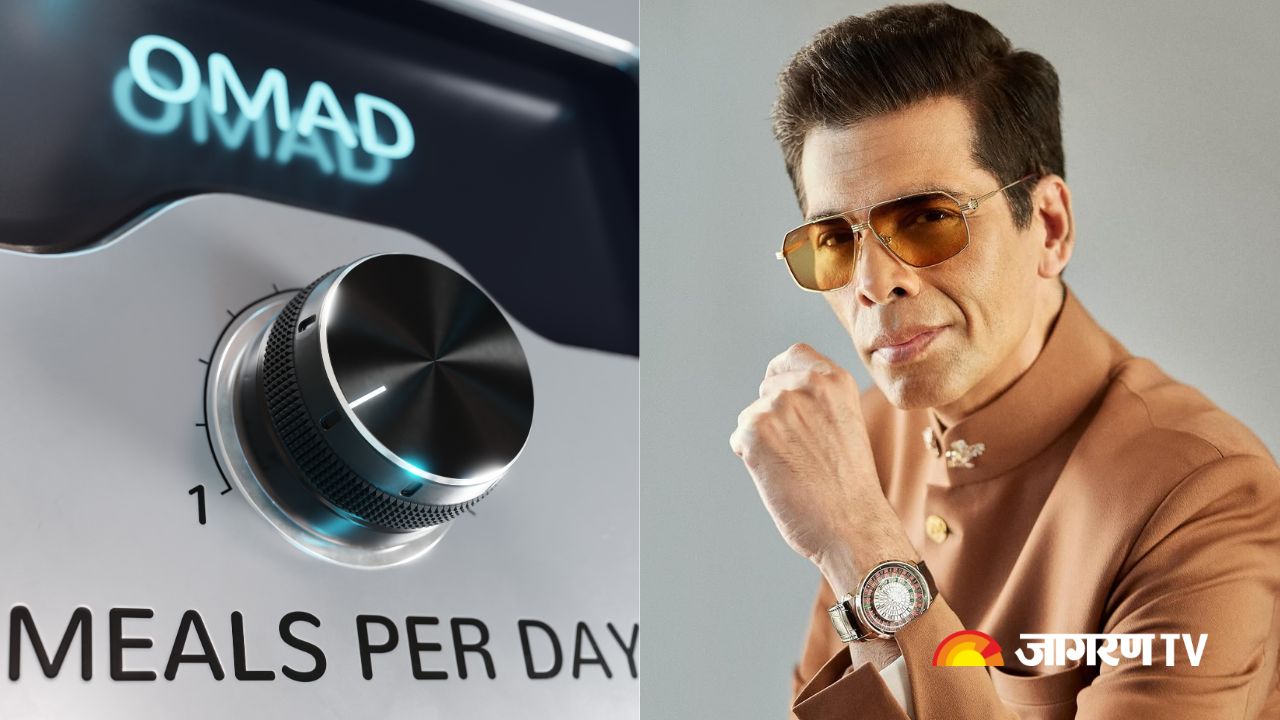OMAD Diet: Is it Safe to Eat Only Once in a Day? Know the Pros and Cons
OMAD Diet Plan: Eating only one meal a day is a method of controlling how your body obtains and uses fuel, much like other forms of intermittent fasting. When you eat in a more conventional manner, the food you consume provides you with energy. Your body makes less insulin when you don’t eat for a prolonged period. As your cells still require energy to function, your fat cells release energy to compensate.
What is an OMAD Diet?
The One Meal a Day (OMAD) diet is a common fasting routine due to its simplicity and potential health advantages. OMAD requires you to eat only one major meal per day within a 1-hour timeframe and fast for the remaining 23 hours. While this diet method has certain advantages, it also has some disadvantages. The OMAD diet may help in weight reduction, increased metabolism, and enhanced insulin sensitivity, among other benefits. However, eating only one meal a day might be harmful to your health. It may be tough to stick to the diet plan since it causes hunger and vitamin shortages. Not only that, but having only one meal a day can increase your blood sugar, blood pressure, and cholesterol.
Water Toxicity:


 >
> >
> >
> >
>